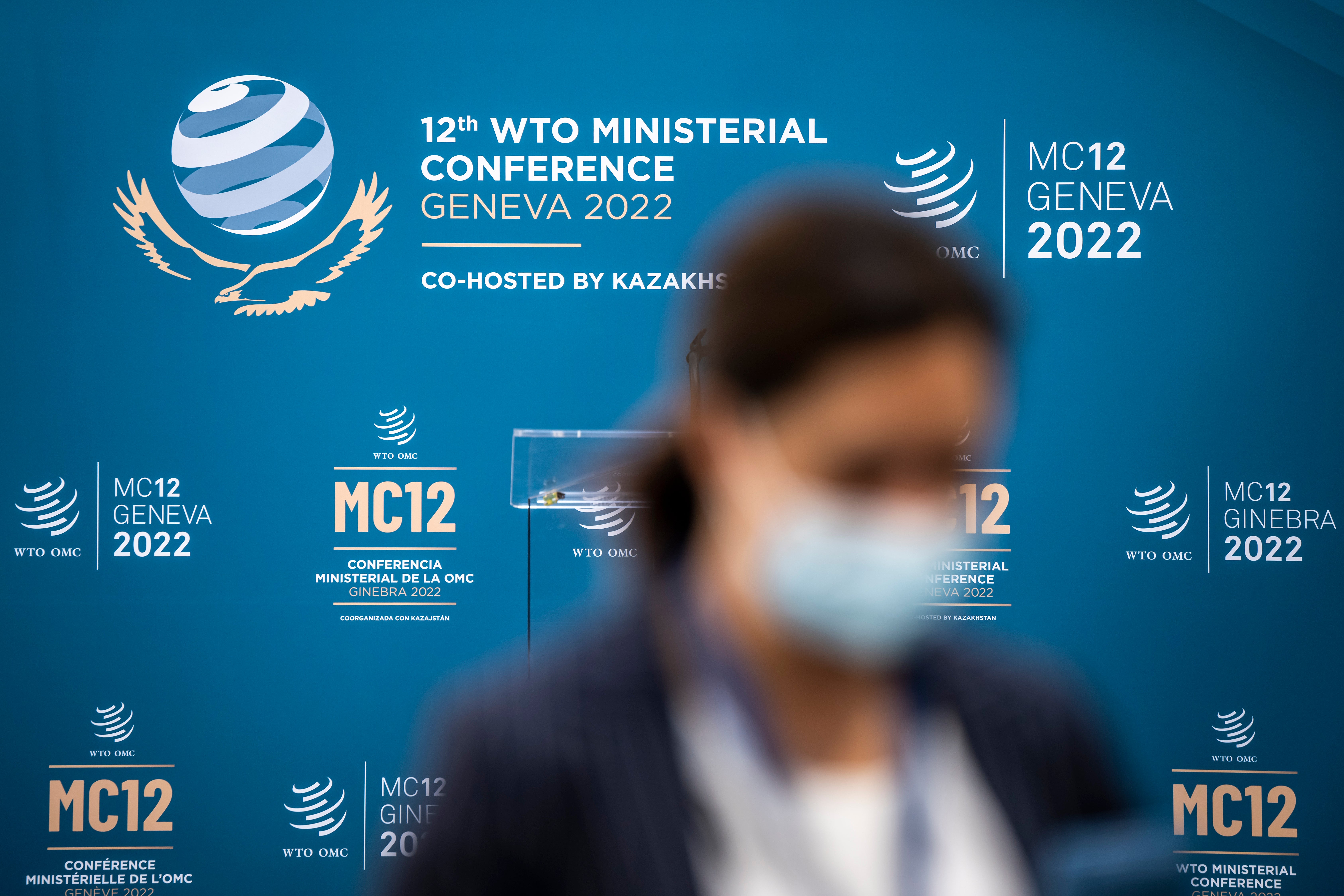WTO rules against Trump's steel and aluminum tariffs
The World Trade Organization has rejected the 2018 import taxes that then-President Donald Trump imposed on foreign steel and aluminum, saying they violated global trade rules

Your support helps us to tell the story
From reproductive rights to climate change to Big Tech, The Independent is on the ground when the story is developing. Whether it's investigating the financials of Elon Musk's pro-Trump PAC or producing our latest documentary, 'The A Word', which shines a light on the American women fighting for reproductive rights, we know how important it is to parse out the facts from the messaging.
At such a critical moment in US history, we need reporters on the ground. Your donation allows us to keep sending journalists to speak to both sides of the story.
The Independent is trusted by Americans across the entire political spectrum. And unlike many other quality news outlets, we choose not to lock Americans out of our reporting and analysis with paywalls. We believe quality journalism should be available to everyone, paid for by those who can afford it.
Your support makes all the difference.The World Trade Organization has rejected the 2018 import taxes that then-President Donald Trump imposed on foreign steel and aluminum, saying they violated global trade rules.
Trump’s tariffs of 25% on foreign steel and 10% on aluminum outraged America’s long-standing allies, including the European Union and Japan, because he relied on a little-used provision of U.S. trade law to declare their steel and aluminum a threat to U.S. national security.
China and other trading partners challenged the tariffs at the 164-nation WTO.
In a ruling issued Friday, the WTO said it was “not persuaded’’ that the United States faced “an emergency in international relations’’ that would justify the tariffs.
Friday’s decision, however, will likely have little real-world impact. If the United States appeals the ruling, it will go nowhere. That's because the WTO’s Appellate Body hasn’t functioned for three years, ever since the U.S. blocked the appointment of new judges to the panel.
And the Biden administration already reached agreements with the EU, Japan and the United Kingdom to essentially drop the tariffs and replace them with import quotas under which the Trump taxes do not apply. In return, the trading partners dropped their own retaliatory tariffs agianst the United States.
Still, the Biden administration criticized Friday’s WTO decision.
“The United States strongly rejects the flawed interpretation and conclusions,’’ said Adam Hodge, spokesman for the Office of the U.S. Trade Representative. “The United States has held the clear and unequivocal position, for over 70 years, that issues of national security cannot be reviewed in WTO dispute settlement.'' The WTO, he said, “has no authority to second-guess’’ the national security decisions of member countries.
Biden’s trade team has attempted to find a balance between mending fences with U.S. allies angry over Trump’s “America First” trade policies, and keeping tariffs that are popular with many U.S. steel and aluminum producers and their workers.
Christine McDaniel, a trade analyst with George Mason University’s Mercatus Center, said the ruling against the Trump tariffs was not a surprise.
“Everybody knew that it was clear protectionism,’’ she said. “Technically speaking, countries are able to act in their own self-interest when it comes to national security.’’ The WTO just didn’t buy the U.S. reasoning, she said.